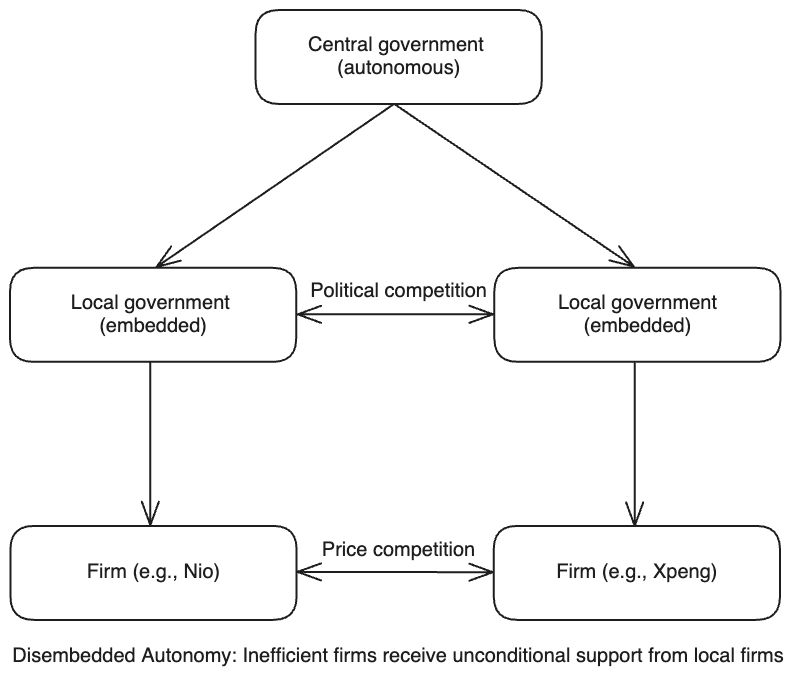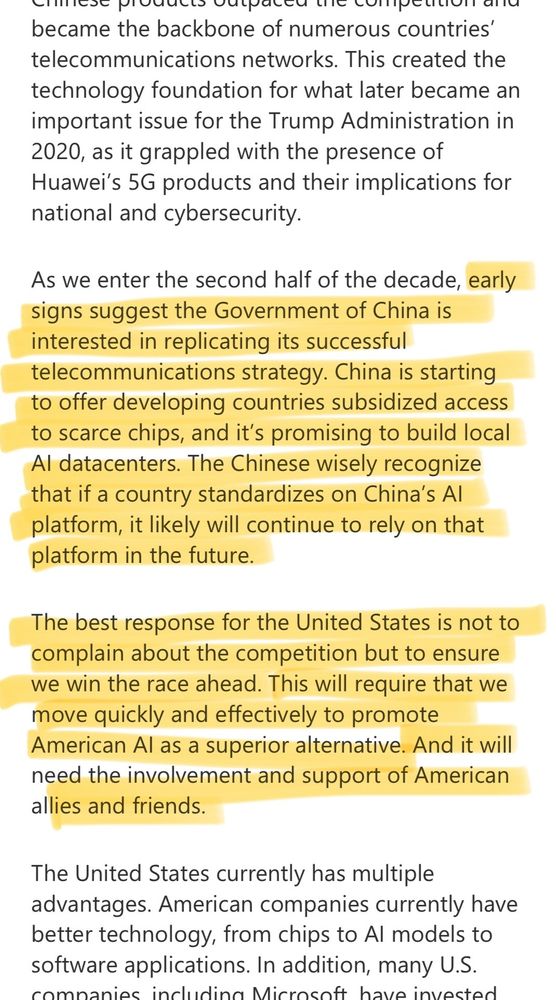




www.high-capacity.com/p/chinas-ove...

www.high-capacity.com/p/chinas-ove...

restofworld.org/2025/us-chin...

restofworld.org/2025/us-chin...
blogs.microsoft.com/on-the-issue...


blogs.microsoft.com/on-the-issue...
- Growth Model (export- vs consumption-led)
- Development stage (early vs late developers)
- Political structure (pluralist vs corporatist)

- Growth Model (export- vs consumption-led)
- Development stage (early vs late developers)
- Political structure (pluralist vs corporatist)
Equally interesting: Chinese-owned firms ByteDance and Tencent are the next largest buyers (they bought a modified version of the hopper chip bc of US export restrictions).
link: www.ft.com/content/e85e...

Equally interesting: Chinese-owned firms ByteDance and Tencent are the next largest buyers (they bought a modified version of the hopper chip bc of US export restrictions).
link: www.ft.com/content/e85e...



Investment in tech alone (dominated by Google/Microsoft/Amazon/Apple) is bigger than the entirety of Chinese investment (or 4x Chinese tech investment). European investment in tech is barely on the map. 1/


Investment in tech alone (dominated by Google/Microsoft/Amazon/Apple) is bigger than the entirety of Chinese investment (or 4x Chinese tech investment). European investment in tech is barely on the map. 1/
In other words- Trump’s proposed tariffs would make other carmakers much less competitive than Tesla in the US market.


In other words- Trump’s proposed tariffs would make other carmakers much less competitive than Tesla in the US market.





